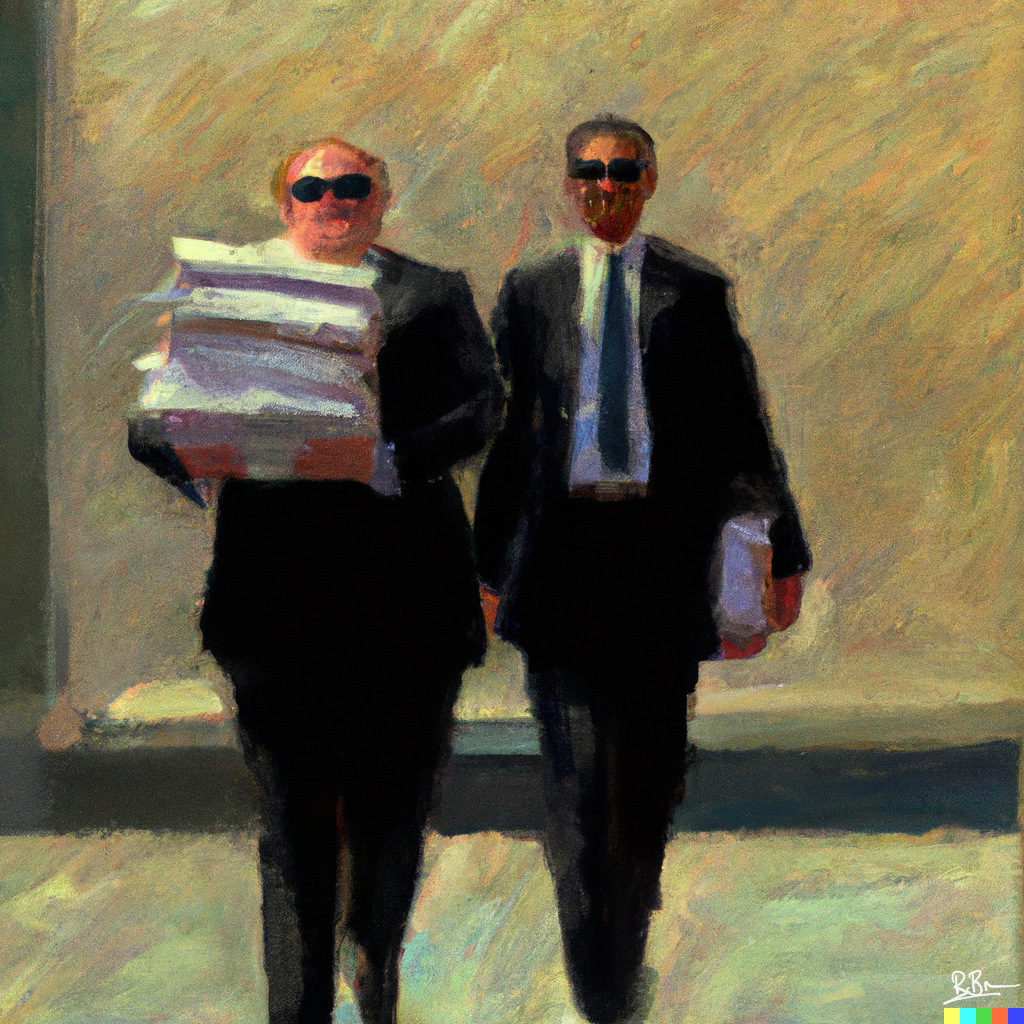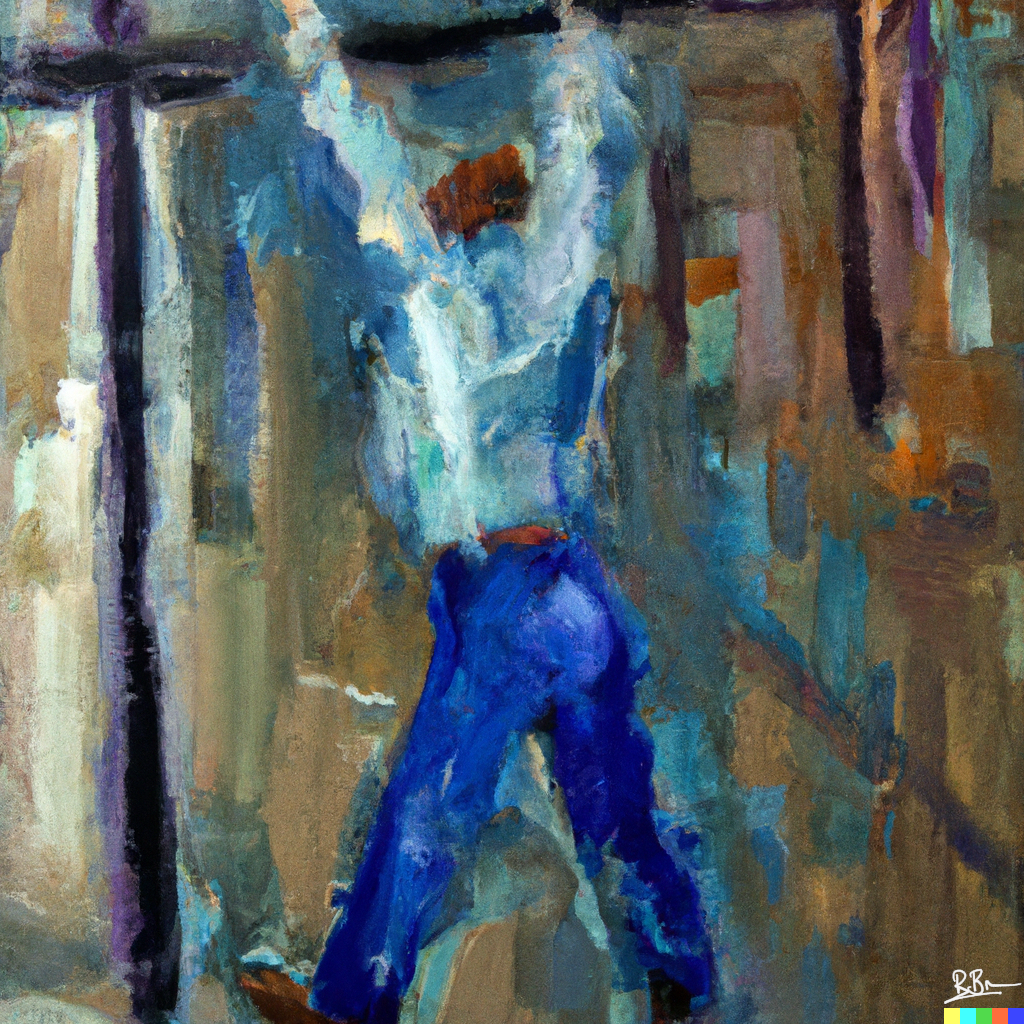The Software Café
Software, quality and lunch in a time before the internet.
Sample 4
Samples taken from chapters 37 to 48 covering more of the antics of Hogswill, Hamish McWordBender, Geoff and estimating.
When Reg and the Technical Director left the office two hours later, they did not look like men enjoying the warm glow of good news. No, quite the opposite. They had waded through a litany of disasters. Every delivery milestone had been missed. Deliverables had been rejected outright as not acceptable. Invoices had been issued on time regardless of the state of deliverables. Only a couple had been paid. The company had received three official warnings regarding lack of performance. The last one had requested a plan for actions to correct the situation. As far as they could tell it had never been answered. But what had really shocked the Technical Director was that there was no meeting scheduled for this week. It looked as though Duncan was redefining the term 'jolly'.
'Karly, I'm going to have to take these files with me. You say Duncan is at home today?'
'I'm not sure.'
'Well try and contact him. The man must have at least three mobile phones. Tell him he is not going to America tomorrow. He is coming in to see me. And get onto travel and cancel his ticket. If you can't get hold of him, try and arrange to leave a message at the airport check in desk.'
Reg and the Technical Director walked out into the corridor.

Within a minute there was a knock on the door. Charlie, who had been drinking rather than listening, fell off his chair in surprise. Herne got up and opened the door. The wind and rain forced their way into the room, closely followed by a fast moving pile of oilskins. Herne closed the door. Gradually the oilskins unpeeled themselves to reveal a small old man dressed head to foot in tweed.
'Damn silly nict to go askin' aboot the po'try' the little man growled. 'Whisky and warmth, an' then we'll talk.'
The old man took the whisky and placed his backside in front of the fire. Presently it began to steam. Herne, Charlie and John watched in fascination as the old man drank most of the contents of the whisky jug. By the time he was finished his face had the same warm glow as the fire.
'Aye, that's better,' he said. 'Noo, I'm Hamish McWordbender. Who gave me a call?'
Charlie leaned across the table towards Herne and whispered 'oilskins, tweed, Hamish McWordBender, Herne?'
Herne just shrugged apologetically.
Herne arrived at RANbD at seven am. He shed his leathers, found his cup and headed towards the kitchen. Stifled laughter was coming from the electronics lab. It sounded like somebody was being tickled. He popped his head round the door. Geoff was hanging from one of the metal beams that supported the roof. Trailing from each trouser leg was a wire. The wires came together at a box that had a big red push button on the top of it. The box was plugged into the mains. Peter's hand was poised over the button. With the other hand he waved at Herne.
'Hi Peter, what's up?'
'Geoff mostly. We're seeing how long he can stand it before he has to let go.'
'What's he at?'
'Ninety seconds so far. Impressive.'
'Peter, why?'
'Electronics, electrons. It's all about being at one with electricity.'
'But at seven in the morning?'
'What better way to start the day? Ready Geoff?'
Geoff nodded frantically. He had a huge grin on his face. Peter reset his stopwatch then slammed his hand down on the button. Geoff giggled as his body went into convulsions. Herne got his coffee and went back to his room.

'OK. In the meantime I wanted to talk to you about estimating.'
John pulled up a chair and sat down. He paused for a moment.
'There are a couple of truths you should be aware of. One, your estimate will always be wrong. You're trying to predict the future, and you can't hope to get that exactly right. So what's important is the margin of error. Projects can survive if the original estimates are close enough to the actual outcome so that any extra work is covered by the contingency. I'll talk about contingency later. The second truth is nobody thanks you for doing estimates, but they expect you to do them anyway. If the project takes a lot longer than the estimates, you get dumped on for producing bad estimates, but rarely get thanked for producing good estimates. Being conservative and producing safe estimates in a bidding situation means you'll end up losing the work anyway because there is always somebody out there who is happy to put in a crazy low bid. It's really tricky. To win business you have to produce an aggressive estimate, but the more aggressive the greater the risk you'll lose money on the job. The only way round this is to try and remove as many unknowns about the project as you can, then carefully and methodically think through each of the project stages and their activities so as to really nail down the project scope. Write down each stage, and the activities in those stages, then think how long each activity will take. The more familiar you are with the type of project, like if you've done a similar one before, the easier it will be to gauge how long a task will take. It's always a good idea to pick one task that you know well, estimate that, then use it as a benchmark for other tasks which might be less familiar. Is this making sense?'
The restaurant was little more than a single storey, whitewashed, brick built hut. A series of vertical poles supported a frame that extended some distance out from the roof line. The frame was heavy with vine leaves and bunches of grapes. Chairs and tables beneath the vines looked cool in the shadows. The sound of bashing and sizzling came from the hut, and Herne caught the smell of hot olive oil. The only other people in the restaurant were an old man and his dog. They took a table in the shade of the vines. There was a lazy sense in the air, as though nothing was about to happen. Herne sucked in the sunshine.

'Don't be dismayed. Let me give you some very general rules of thumb. When you're estimating for a project, and you have your effort estimates, you should work on the basis that you're only going to get about eighteen real work days per month out of any one individual. Say there are thirty one days in the month. You loose ten because of the weekends. You should loose another three to allow for annual leave and for people being off sick. So about eighteen is all you're really going to get. And that's eighteen eight hour days. Obviously you can work people harder than that, but keep it up for too long and they start leaving, which causes even bigger problems. The other thing is that generally people only spend about half their time actually doing real work. The other half is spent going to the loo, getting coffee, talking to people, attending meetings, getting trained, reading things. The trouble is the real work can't get done unless you do these other things. On that basis, I reckon your estimate is probably about half of what it should be. That would make it eight weeks. We don't have eight weeks. We only have six, so take this away and expand all the activities to fit six weeks, then take another look and see what you think. Oh, and add half a day in a week's time for an audit.'